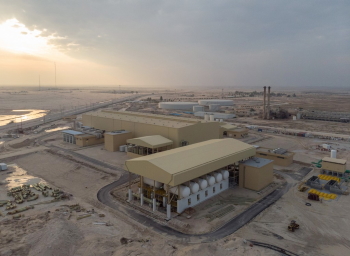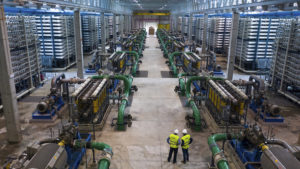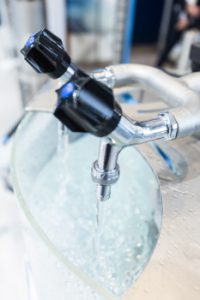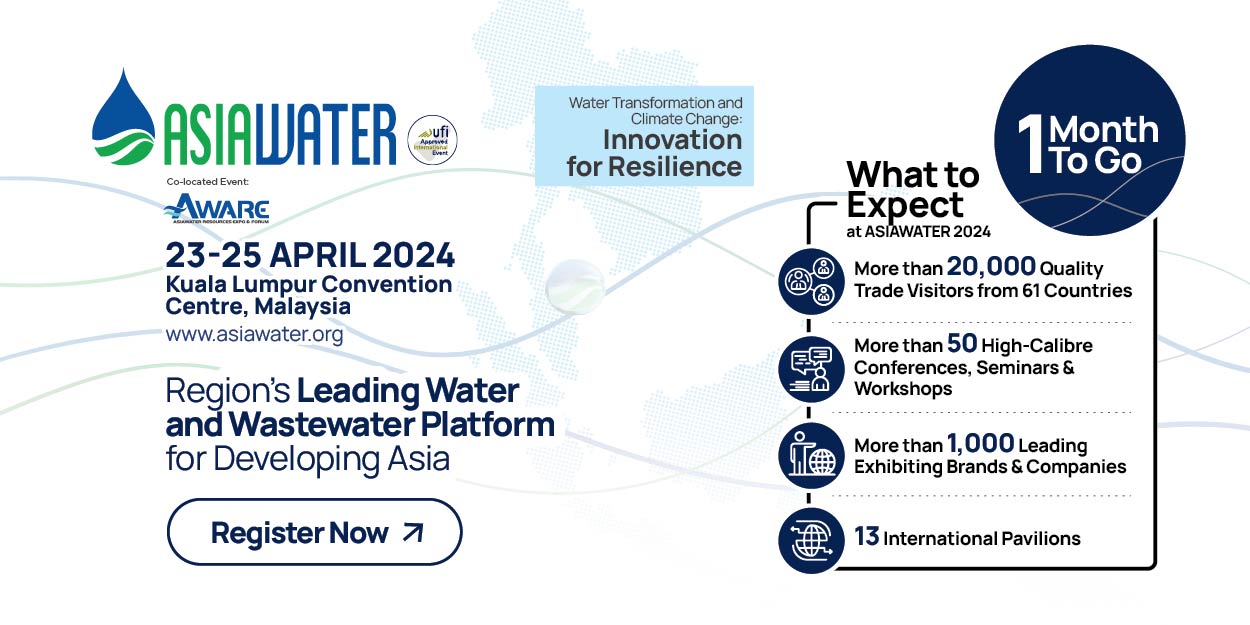Siemens Equips Desalination Plants in Saudi Arabia with Process Automation

Al Khafji reverse osmosis desalination plant in North East Saudi Arabia (Image source: Siemens AG)
The new plants for seawater desalination using the principle of reverse osmosis are spread along the West coast of Saudi Arabia. The total capacity of the plants will be 240,000 cubic meters per day, with a power consumption of just three kilowatts per cubic meter of produced water, which is below the usual value and will provide significant energy savings. The scope of supply from Siemens includes hardware and software engineering, power distribution, PCS7 automation, medium and low voltage converters, Industrial Ethernet communication technology and process instrumentation for eight reverse osmosis plants, plus plant commissioning. The project will follow a tight schedule, with commissioning planned from autumn 2019.
Almost 95 percent of water on earth is saline and cannot be used as drinking water or for irrigation purposes. The desalination of seawater provides an opportunity to obtain additional drinking water or process water for people, industry and agriculture. In 2017, Siemens was commissioned by Rawafid Industrial and Advanced Water Technology (AWT) to set up a drinking water production plant on the coast of the Persian Gulf. The completed Al Khafji reverse osmosis desalination plant in North East Saudi Arabia is the world s largest solar-powered plant of its kind. Here, sea water is converted to fresh water through a two-stage reverse osmosis process powered by photovoltaic energy. Rawafid Industrial relied on solutions from Siemens for the electrical equipment, automation with integrated drive technology, communication and instrumentation.
Through the efficient use of solar power, the plant reduces carbon dioxide emissions significantly compared with plants supplied with energy from non-renewable sources. In addition, the Siemens technology ensures system availability of about 98 percent. The vertical and horizontal integration of all electrical components reduces OPEX (Operational Expenditure) costs as well as maintenance times. Centralized process monitoring and automation ensure maximum energy efficiency and a sustainable water supply.
Source: Siemens Aktiengesellschaft






